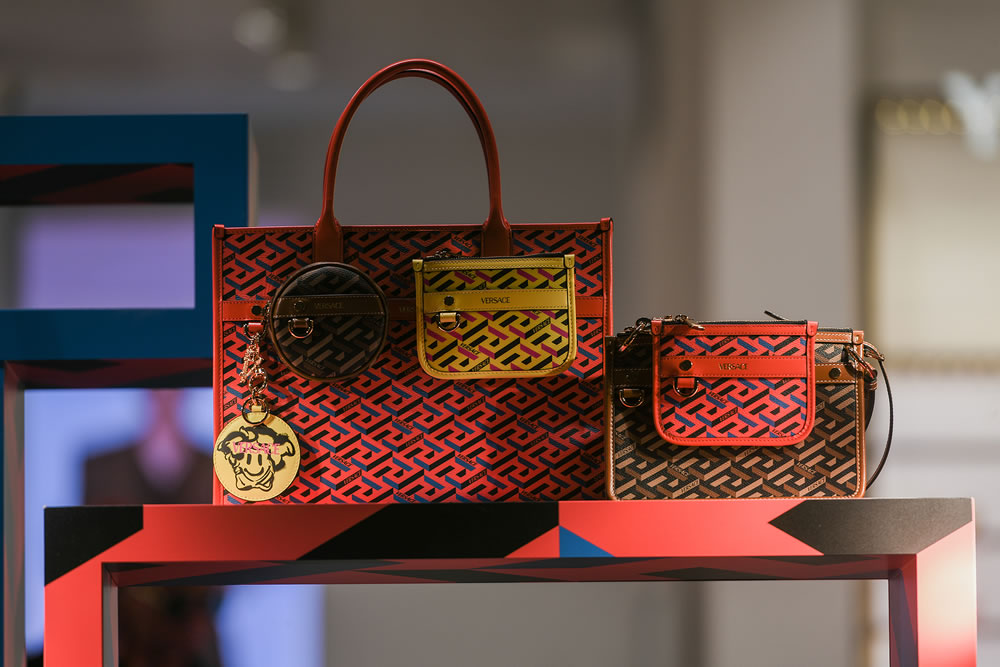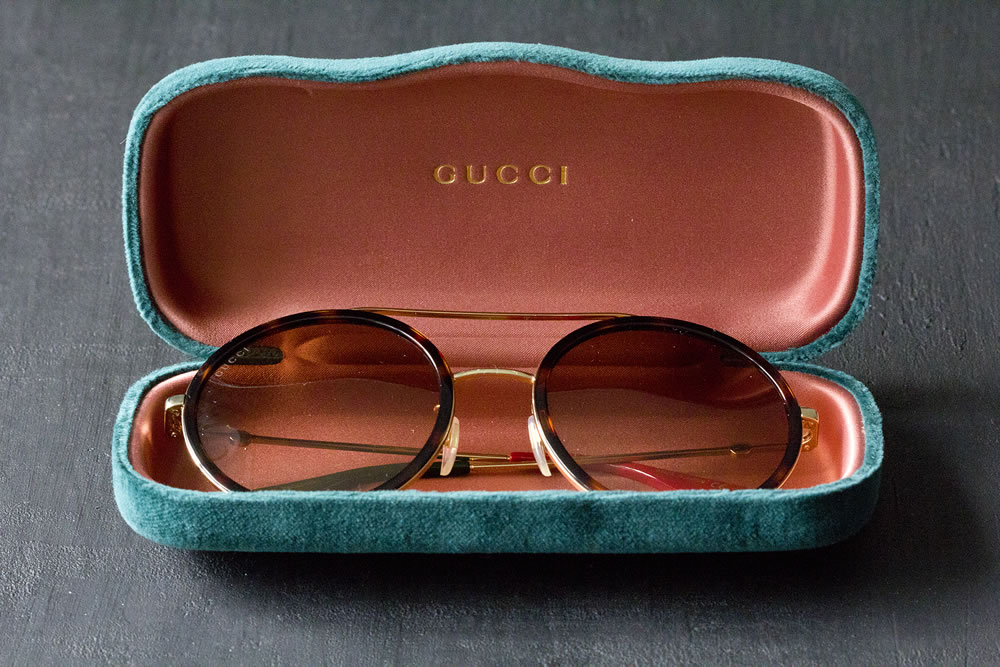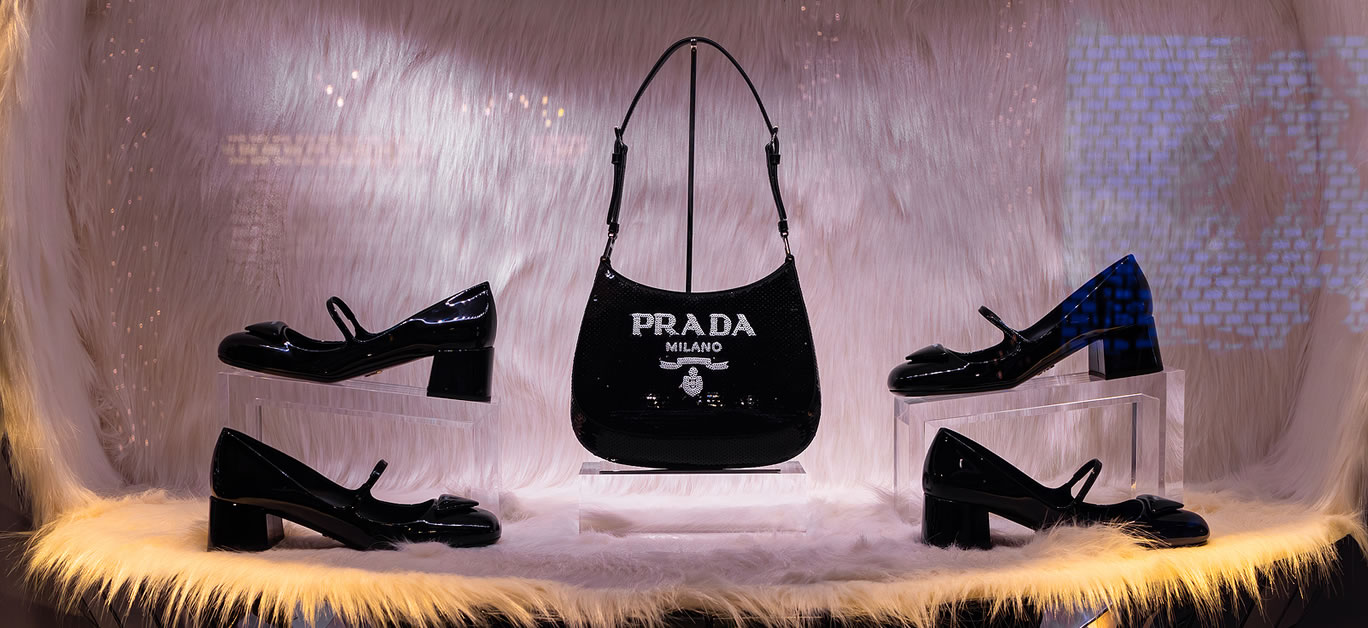Until fairly recently, ethical practices within the luxury sphere were rarely discussed, with the focus always being on high-quality products, exclusivity and status in a bid to appeal to the high-net-worth customer.
But increasingly, we’re becoming more conscious of the decisions we make when it comes to choosing the brands we shop with, and sustainability and ethics have become a hot topic amongst the discerning affluent buyer. Not only are we demanding more from luxury brands and the products and services they offer, but we’re no longer willing to settle for those who refuse to take ethical issues seriously, or to give brands that fail to address relevant issues in a timely fashion our custom.
Speaking of fashion, it’s certainly fair to say that a large number of the ethical dilemmas faced by luxury brands are particularly present for the world’s largest high-end fashion houses, which have had to adapt considerably over recent years to avoid falling out of favour. Forced to re-evaluate manufacturing processes and their impact upon workers, the environment and local communities, we’ve seen a move away from fast fashion of late as the full extent of its damaging repercussions were revealed.
But luxury fashion brands aren’t the only ones that have had to seriously reconsider their processes, and in fact, the ethical dilemmas facing the sphere are not limited to production processes alone, either. In fact, the communications and marketing channels and the content that is used to reach and engage customers have come particularly under scrutiny, with high-end brands and businesses of all types having to reassess and reformulate the strategies they are using with an ever-changing world in mind.
Here, we take a look at some of the biggest ethical dilemmas facing luxury brands in 2023.

Low wages
High-end brands have long relied on developing countries to fulfil their labour needs, and have taken advantage of the chance to pay far lower wages to workers than they would do to UK or European-based staff. But in recent years, it’s something that has been increasingly condemned, with customers outraged that the brands they love would seek to profit at the expense of others.
Fashion brands, in particular, have been forced to remunerate their workforces fairly or to move their operations elsewhere in order to avoid losing support from their affluent customer bases – which has highlighted the fact that consumers can, indeed, make an impact if they are willing to shout loudly enough.
Environmental concerns
With climate change one of the biggest topics of the past few years globally, the impact of luxury brands and businesses upon the environment has also come under the spotlight, with concerns raised over the poisonous chemicals and pesticides that are known to make their way into our waterways as a direct result of corner-cutting fast fashion production, as well as other types of luxury manufacturing processes.
Customers seeking to reduce their own environmental impact are demanding that the brands they shop with change such practices, as well as sourcing materials in a more sustainable way and using recycled and recyclable alternatives where possible. They’re also considering their own carbon footprints and looking to seek local and national brands and businesses, which has seen many luxury brands move their operations back in-country.

Ethical communications
It’s clear that customer attitudes are changing within the luxury sphere, which means that as well as adapting sourcing and manufacturing processes and reviewing labour policies, brands have had to change the way they communicate, too. The old language and messaging simply doesn’t resonate with millennial and gen-Z customers in the same way as it would have with boomers some 20 – 30 years ago, and so in order to create truly effective communications, luxury brands are finding themselves having to study and analyse their target audience’s habits and behaviours more carefully than ever before.
Understanding the modern customer and the way they think is key, and the content that is disseminated via brands’ websites and social media platforms, as well as through offline communication campaigns, must reflect the fact that they have taken the time to do so. Not only that, but it must also take care to reflect the progressive attitudes and viewpoints of modern society, as unintentionally offensive or provocative wording or imagery will no longer be forgiven by young, affluent and forward-thinking consumers.
This isn’t just limited to the luxury brands and businesses providing opulent products like cars and fashion, but also those providing high-end entertainment and services. And as well as using language designed to resonate, they must also tread carefully when it comes to marketing themselves responsibly. Some of the best online casinos have had to temper their communications and strike the careful balance between appealing to the high-roller with money to burn without encouraging recklessness, walking a careful line when it comes to everything from the language used to the application of online targeted advertising.
The bottom line
In today’s ever changing world, luxury brands and businesses are faced with a plethora of ethical challenges that they must strive to address and overcome if they’re to survive long-term. Change doesn’t happen overnight, but those that have adapted quickly have received much praise from customers when compared with those dragging their feet – and in 2023, it’s sink or swim.






















